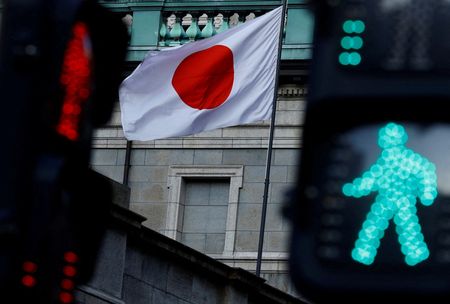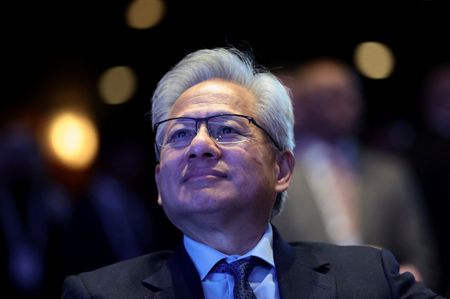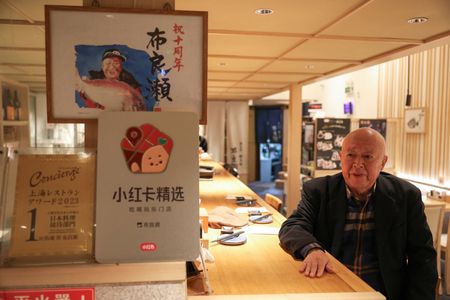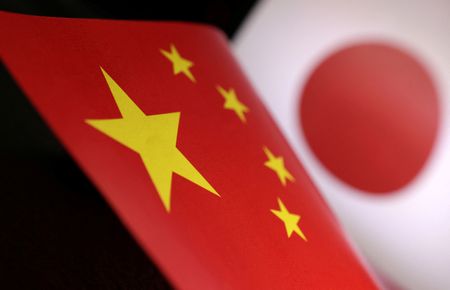By Leika Kihara
NIIGATA, Japan (Reuters) -The Bank of Japan must keep raising real interest rates to “a state of equilibrium,” board member Junko Koeda said on Thursday in the wake of renewed yen slides, driven by market expectations that political pressure will keep any rate increases slow.
The remarks suggest Koeda, an academic who joined the central bank’s board in March, will vote in favour of an interest rate increase if proposed by Governor Kazuo Ueda in the coming months.
Markets are closely watching BOJ policy signals as Prime Minister Sanae Takaichi, an advocate of expansionary fiscal and monetary policy, has voiced displeasure over the idea of another rate rise in the near term.
With the prospect of prolonged low rates fuelling unwelcome yen declines, however, Finance Minister Satsuki Katayama said on Wednesday she had no objection to the BOJ’s moderate rate-hike path.
While refraining from commenting on yen levels, Koeda said the BOJ must continue to raise interest rates in accordance with improvements in the economy.
Prices have been “relatively strong”, the output gap has been around 0% and the job market is tightening, she said, adding that the recent surge in food prices could affect inflation expectations.
With real interest rates “clearly low” compared with other countries, the BOJ can keep stimulating consumption and investment even if it raises nominal rates slightly, she said.
“The BOJ needs to proceed with interest rate normalization, that is, to return real interest rates to a state of equilibrium, to avoid creating unintended distortions in the future,” Koeda said in a speech.
YEN’S SLIDE STRENGTHENS CASE FOR RATE RAISE
Koeda’s remarks highlight a growing focus within the nine-member board on broadening inflationary pressures, which prompted two of her fellow board members to propose unsuccessfully a hike in September and October.
A slim majority of economists polled by Reuters expect the BOJ to raise rates in December, a case strengthened by the yen’s slide to a 10-month low against the dollar.
“Excessive yen declines would push up import prices and fuel public concern over inflation. It may hurt the administration’s policy management and approval ratings,” said Hideo Kumano, an economist at Dai-ichi Life Research Institute.
“It could also heighten the chance of a December rate hike.”
Japan’s top government spokesperson issued a fresh warning on Thursday that recent moves in the foreign exchange market were “sharp and one-sided”, though the remarks did little to keep yen bears at bay.
RATES STILL NEAR LOW-END OF NEUTRAL
Last year, the BOJ exited a decade-long, massive stimulus programme and raised rates twice – including in January. It has kept its policy rate steady at 0.5% since then, even as consumer inflation has remained above its 2% target for over three years.
Governor Ueda has said the BOJ will continue to raise interest rates if it is convinced that underlying inflation will stabilise around the 2% target.
“I believe that underlying inflation is about 2%,” Koeda said. “But in order to achieve our price target, it is important to examine the extent to which underlying inflation has remained stable or been anchored.”
Koeda offered few clues on how soon the BOJ could raise rates, saying only that the decision would be made by scrutinising underlying economic and price developments.
“With overseas uncertainty remaining, we must look at how this would affect companies’ wage-setting behaviour,” she told a news conference.
She also said the BOJ’s policy rate was still near the lower end of what the central bank views as neutral to the economy.
While Ueda has said the BOJ needs more clarity on the outlook for next year’s wage negotiations, Koeda said she was also focusing on developments in Japan’s minimum wage, winter bonus payments and how increasing job mobility might affect pay.
On recent rises in Japanese government bond yields, Koeda said while yields should be set by markets, the BOJ stood ready to ramp up bond buying or conduct emergency market operations if yields jump under exceptional circumstances.
(Reporting by Leika Kihara; Editing by Shri Navaratnam, Thomas Derpinghaus and Ros Russell)










